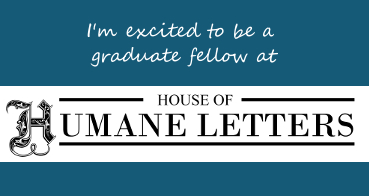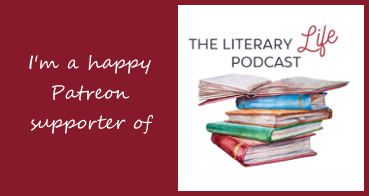As many of my friends have learned, my son fills up restaurant napkins (and this Thanksgiving, his napkin at our hosts’ table) with his math wonderings. We’ve had servers and bussers at a couple of our often-visited restaurants recently say, “So you’re the one that’s doing all that math.” Apparently, he’s the talk of kitchens across the greater Yellowstone County area.
On the occasion shown in this photo, James began to explain to me (which will never not  happen if he has company) what he was working on. Not being distracted by things I’d rather be doing, reading, or thinking about (which is where I find myself the majority of the time), I began to ask questions to try to understand — first, the problem that he was trying to solve; second, the method he was using to solve it; and third, Why he even cared.
happen if he has company) what he was working on. Not being distracted by things I’d rather be doing, reading, or thinking about (which is where I find myself the majority of the time), I began to ask questions to try to understand — first, the problem that he was trying to solve; second, the method he was using to solve it; and third, Why he even cared.
This third question I struggled with how to ask or even if I should. I wanted to know what the purpose was but was also trying not to sound utilitarian. As you may have figured out, I read a lot of Charlotte Mason and other educational writers in the classical tradition — some old, some current. In the past few years I’ve also been reading C.S. Lewis non-fiction works — some with my son, some on my own. There is a common thread in the thinking of these philosophers, and that is that learning should be for the sheer truth, goodness, and beauty of it. Our modern, mostly government-run, school curriculum runs more along the lines of building a worker class. If you read the history of our American system, you will find that this is intentional. Often a high school student will be asked when choosing a class, or a college student when choosing a major, “But what will you use that for? How will you make money from that? What kind of job can you get with that?” Charlotte Mason advocated that a liberal arts education was still important for those in vocational training:
We want a philosophy of education which, admitting that thought alone appeals to mind, that thought begets thought, shall relegate to their proper subsidiary places all those sensory and muscular activities which are supposed to afford intellectual as well as physical training. The latter is so important in and for itself that it needs not to be bolstered up by the notion that it includes the whole, or the practically important part, of education. The same remark holds good of vocational training. Our journals ask with scorn,––”Is there no education but what is got out of books at school? Is not the lad who works in the fields getting education?” and the public lacks the courage to say definitely, “No, he is not,” because there is no clear notion current as to what education means, and how it is to be distinguished from vocational training. But the people themselves begin to understand and to clamour for an education which shall qualify their children for life rather than for earning a living. As a matter of fact, it is the man who has read and thought on many subjects who is, with the necessary training, the most capable whether in handling tools, drawing plans, or keeping books. The more of a person we succeed in making a child, the better will he both fulfil his own life and serve society.
In my own life, even currently, I question myself as to why I’m reading this or that book, why I am spending time working this crossword puzzle, why I am beginning to learn this late in life the cello and the clarinet — what will I use this for? shouldn’t I be using my time in more lucrative ways? But no, it is perfectly fine for me to read and play and puzzle for just the sheer joy of it. For the truth, goodness, and beauty of it.
Classical education, or a liberal arts education, is never utilitarian. The freeborn man is not concerned with utility or getting ahead. He is concerned with being. ~Cindy Rollins
And so I sit across from my son, who is a genius (to me) in a highly useful ($$$) skill. It is not something that most people would see as an art or entertainment. But could it be that James wonders about things and works at it just for the pleasure of it? In my asking for what purpose a person might need to know what he is solving, for what task might they use this, I finally say, “Why all your effort? Is it simply because it is fun?” And he responds, “Yes!” And beautiful. And he revels in that beauty the way I do with words and music. And this is all we need.
Great are the works of Yahweh,
studied by all who delight in them.
~ Psalm 111:2






